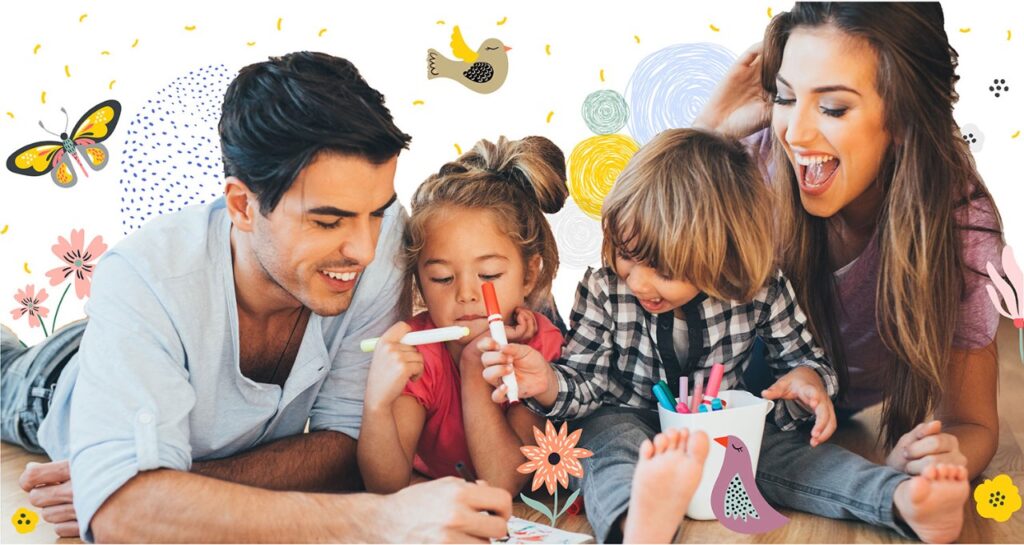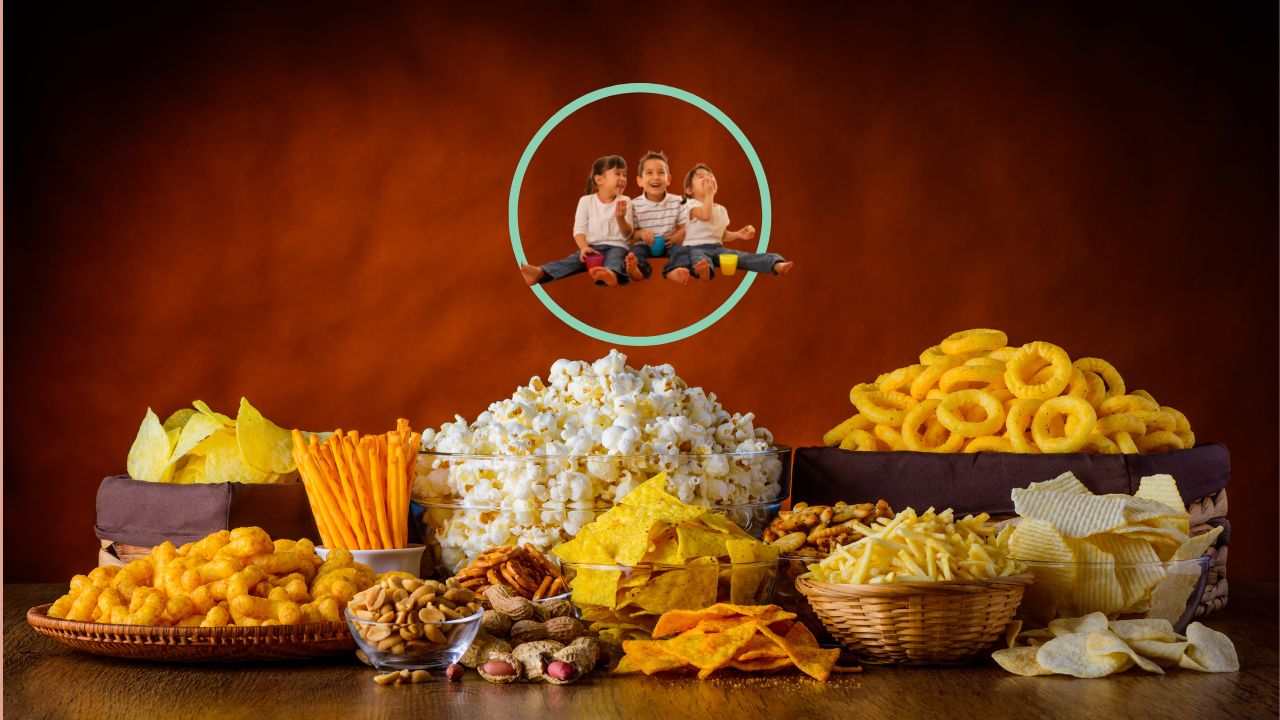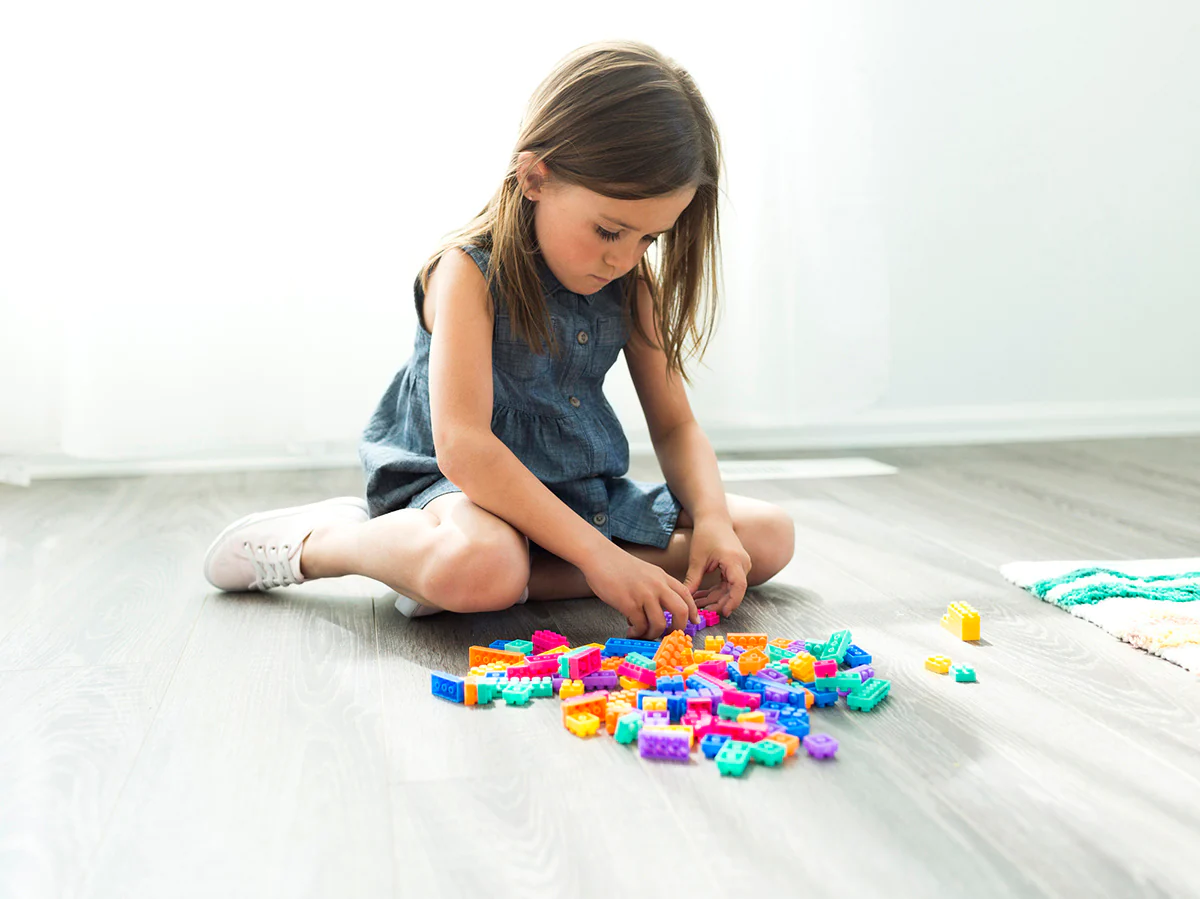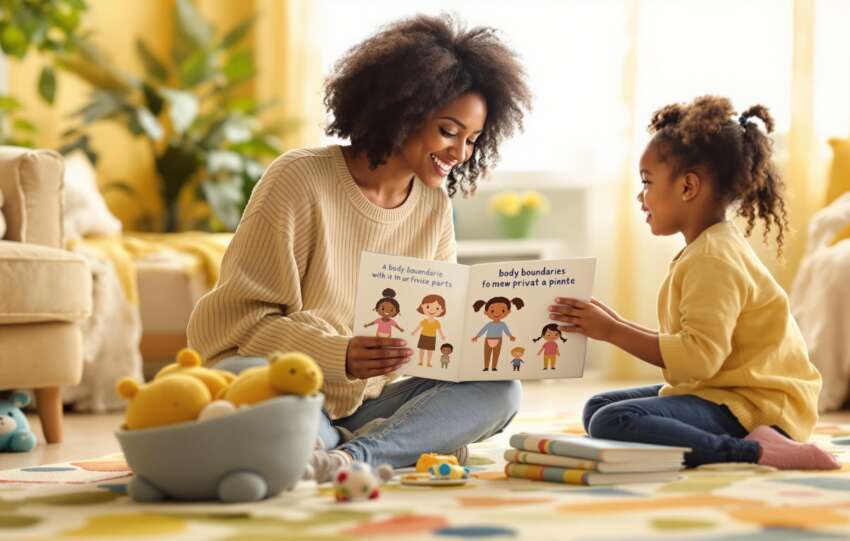Humor is a great way to deal with the stresses of parenthood. By keeping a sense of humor in mind, we may lighten the atmosphere, build our ties with our children, and generally have a more encouraging and enjoyable parenting experience. This article will look at the benefits of parenting with humor and give an insight into positive parenting vs. negative parenting. It also offers suggestions for incorporating humor into parenting.
The importance of parenting with humor
Parents have a significant impact on their children’s development and identity formation. Our children need our love, direction, and support, but we must also acknowledge the importance of parenting with humor. It has been established that using humor in parenting enhances parent-child interactions, improves the family’s mood, and promotes the growth of desirable characteristics in children, such as resilience and optimism.
It has been established that parenting with humor has numerous positive effects, the most prominent of which is an improvement in our children’s emotional health. We may utilize humor to help our children cope with challenging situations and alleviate their worry and stress. Having fun and laughing together is an excellent method for enhancing relationships. This link may prove useful.
Benefits of parenting with humor

Communicate with your children no matter their age.
Contrary to popular belief, parenting with humor benefits children of all ages. It is also good for teenagers. One of the most important things about parenthood is instilling the love of oneself in their child. Using humor to soften your strict parenting style can help your child overlook your negative parenting approach.
It’s also a great way to start a conversation, especially when interacting with teens and young adults. Children with underdeveloped minds are cautious when interacting with their parents because they perceive some interactions as potentially dangerous. With a sense of humor, you can take control over your aggressive teenager.
2. It makes parents feel less stressed.
When a parent yells, screams, and freaks out over their child, the child knows something is wrong. You, on the other hand, bear the burden of worry. Adding humor lets, you ease into your new parental role without feeling like a villain. However, parents may play the villain to gain the affection of their children. Parenting with humor reduces the seriousness of the circumstance so that you can go through it together.
3. Parenting with humor promotes a positive environment.
Do you ever realize that something is wrong when you first go into a room? Sadness or other negative emotions can have a big effect on the environment of your home. As parents, we must know how to make parenting fun and establish the necessary conditions for our children to be happy and prosperous as adults. Try to make the house environment fun by being an understanding and fun-loving parent. The point of this is not to imply that you should force your children to laugh their feelings away. Because your initial goal should be to communicate with them and address their concerns, rejecting their sentiments is not helpful.
4. Your children need the humor to open up and enjoy life.
Children who are raised with humor grow up to be appreciative and thankful people. They value each and every day of their lives and acknowledge that, despite the inevitability of sorrow, laughter can be found at any time. Humor is a good defense mechanism against the pitfalls of maturity and serves as a subtle reminder to keep our sense of fun alive. It is commonly assumed that young adults can understand humor at a young age. You knew they understood when you started playing peek-a-boo with them, and they laughed. So laughter is beneficial to a child’s development.
5. Improved Future Relationship with parents:
Using humor is a straightforward method of connecting with your kids. A young adult’s link with their parents is more likely to be strong if their parents are more playful. This is because children develop mutual respect for their parents from a young age, allowing them to form meaningful ties with them. It is important to keep a respectful tone while parenting with humor. This parenting method also protects your child’s mental health in the future. A child’s mental health will reflect the fact that he or she was raised in a loving and caring family.
6. Improved Critical Thinking and Creativity
You may be wondering how perfecting your best monkey impression or sticking out your tongue could possibly improve your critical thinking skills. Conversely, a healthy dose of humor is tremendously beneficial to kids’ growing minds. It’s a great chance to help your kid learn and develop their brain faster. If your kid is humorous and playful, he or she will be more outstanding, curious, and creative. Parenting with humor is a great way to help your kids develop their imagination and cope with the inevitable disappointments of life. While rationality and creativity are distinct characteristics, a humorous approach to parenting can help both.
Worst parenting techniques to avoid as parents

Inattentive parenting
Parents who aren’t very nurturing or responsible are inattentive parents. They are generally uninvolved, undemanding, and unresponsive to their children. They have few rules and set few boundaries for them. When parents aren’t paying attention, their children’s feelings and perspectives are ignored, which is harmful to their kid’s growth. Even if parents are emotionally distant from their children, meeting their children’s physical needs does not equalize.
The Overindulger parent:
Overindulgent parents expect little from their children. When parents are involved but don’t set limits, they overindulge. The parent accepts and nurtures the child’s needs. Overindulgent parents don’t make their kids behave. This often creates entitled children (e.g., “The world owes me, I shouldn’t have to work for anything”).
Overindulged kids are more impulsive and more likely to misbehave as adolescents. These kids expect their way and rarely learn self-control. Parents who are low on accountability and high on nurturing nearly triple the risk of their teens abusing drugs and drinking heavily.
The Dictator
Dictatorial parenting emphasizes rule-following and limits parent-child communication. Such parents force their children to obey and respect them and expect a lot but rarely explain why. The “dictator” is less likely to listen to his child and more likely to ground him. They demand obedience without explanation and have low receptivity. This parenting style tends to “tell” kids what to do instead of letting them “choose,” which can lower social competence. Such parents may raise insecure and antisocial children.
Conclusion
Having children is a responsibility that is sometimes overlooked. It is strenuous and may exhaust you. Finding ways to laugh with your child as a parent can be a fantastic way to decrease stress and strengthen your bond. Parenting with humor will treat them with attention and lavish them with love, deference, and a dash of humor.





